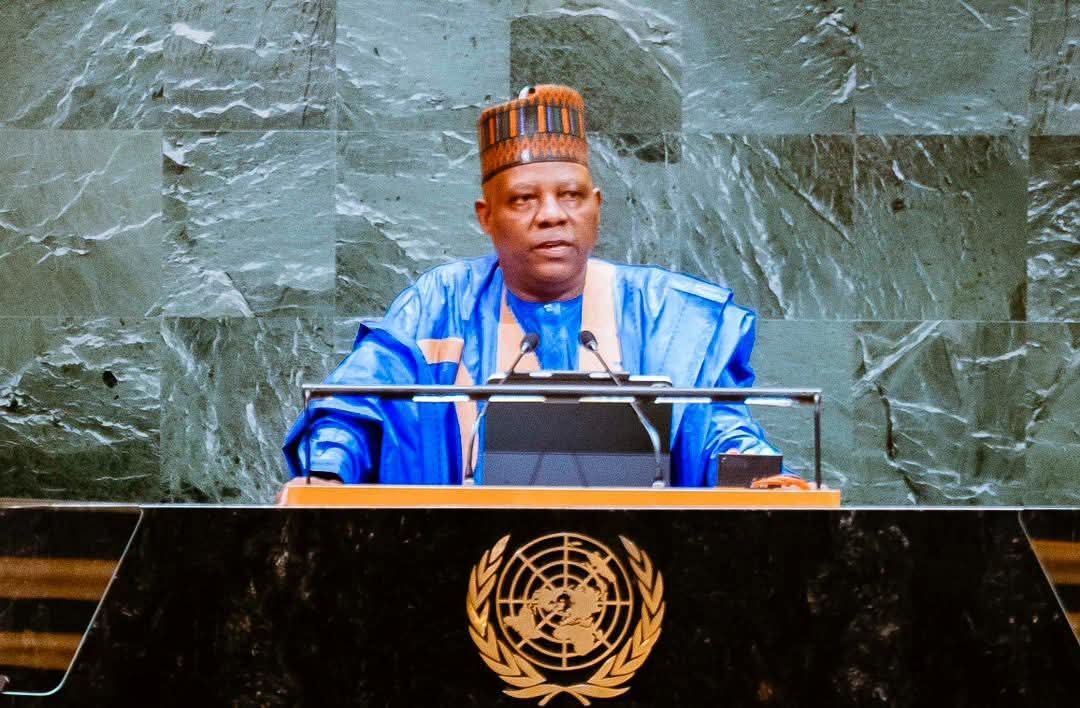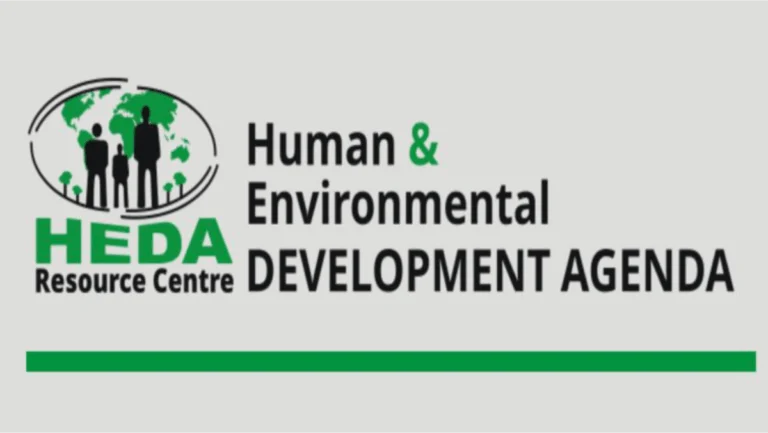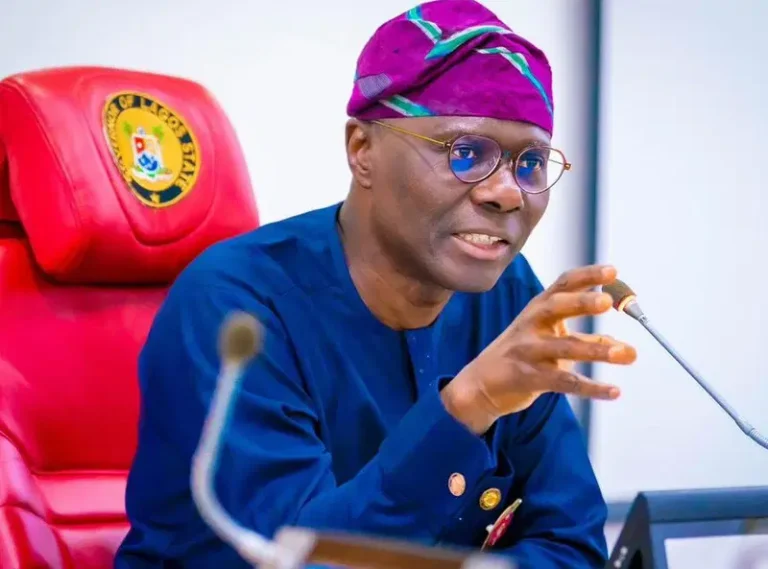
Nigeria’s Vice President Kashim Shettima addresses the 80th UN General Assembly, calling for Security Council reform and global partnerships.
LAGOS, Nigeria – Nigeria’s presence at the 80th United Nations General Assembly (UNGA80) in New York was marked by Vice President Kashim Shettima’s diplomatic and economic engagements on behalf of President Bola Ahmed Tinubu. From wooing investors and unveiling climate targets to pressing for reforms in global governance, Shettima positioned Nigeria as a continental leader and global partner. But it was Nigeria’s call for a permanent seat on the UN Security Council and its firm support for Palestine that stood out in a week of high-stakes diplomacy and dramatic walkouts. Korede Abdullah, writes.
Shettima Represents Tinubu in New York
Vice President Kashim Shettima represented President Tinubu at UNGA80, a move that underscored Nigeria’s determination to assert itself internationally.
With more than 190 world leaders in attendance, Shettima ensured Nigeria’s positions on peace, climate, digital inclusion, and economic justice were strongly articulated.
Nigeria’s Case for Security Council Reform
On Day 2, Shettima delivered Nigeria’s national statement, demanding urgent reforms to grant Africa permanent representation on the UN Security Council. He declared:
“The UN will recover its relevance only when it reflects the world as it is, not as it was.”
Nigeria, he argued, is a natural contender — with 236 million people, a record of peacekeeping, and ongoing battles against terrorism and insurgency.
For many Nigerians, this was the country’s defining intervention at UNGA80, and it drew applause at home as a recognition of the urgent need for Africa’s voice in global security decisions.
Support for Palestine
In the same speech, Shettima reaffirmed Nigeria’s solidarity with the Palestinian cause, calling for justice, peace, and self-determination. Analysts note that this position aligns with Nigeria’s historic Middle East policy but also places Abuja firmly in the camp of nations advocating balance in a deeply polarised conflict.
Diplomatic Drama on Day 4
The polarisation was on full display barely a day when over 77 officials, and diplomats staged a dramatic walkout during Israeli Prime Minister Benjamin Netanyahu’s address.
Netanyahu had told the Assembly that Israel had rebounded from “its darkest day” after the October 7, 2023, Hamas-led attacks, describing them as “acts of unspeakable savagery.”
He vowed Israel would not rest until Hamas was eliminated and hostages freed and accused Iran of leading a “terror axis” that threatened “the peace of the entire world.”
His remarks, which placed Iran and its allies at the centre of global instability, drew sharp opposition, with dozens of states walking out in protest. The exodus left the hall nearly empty and underscored the deep divisions within the UN over the Israel-Palestine conflict.
For Nigeria, which had openly reaffirmed support for Palestine in Shettima’s earlier speech, the question is pressing: did its delegation join the walkout or remain seated? Abuja has not clarified, leaving the public to wonder how far Nigeria is willing to go beyond words of solidarity.
Beyond Symbolism: Partnerships and Deals
Away from the plenary, Shettima’s engagements ranged from renewing trade and security ties with the UK, to pitching investment opportunities at a business roundtable, to deepening Nigeria’s partnership with the Gates Foundation in health and agriculture. He also unveiled Nigeria’s ambitious climate pledge — NDC 3.0 committing to cut emissions by 32% by 2030 and achieve net-zero by 2060.
Gains and Lingering Questions
Nigeria’s UNGA80 engagements delivered immediate gains — renewed bilateral ties, investor attention, and climate finance commitments — but also raised strategic questions about its global role.
The two most pressing are:
Did Nigeria join the 77-delegation walkout, or did it maintain a diplomatic middle ground?
Will Nigeria’s demand for a Security Council seat be seriously considered, given its compelling security arguments and Africa’s growing demand for representation?
Next Steps Beyond New York
As Shettima moved from New York to Berlin for talks with Deutsche Bank on energy and infrastructure financing, the broader message was clear: Nigeria seeks to transform speeches into action.
For Nigerians, UNGA80 was not just about lofty declarations — it was about staking a claim to global leadership, while leaving the public to wonder whether bold demands in New York will translate into real influence in the halls of power.




